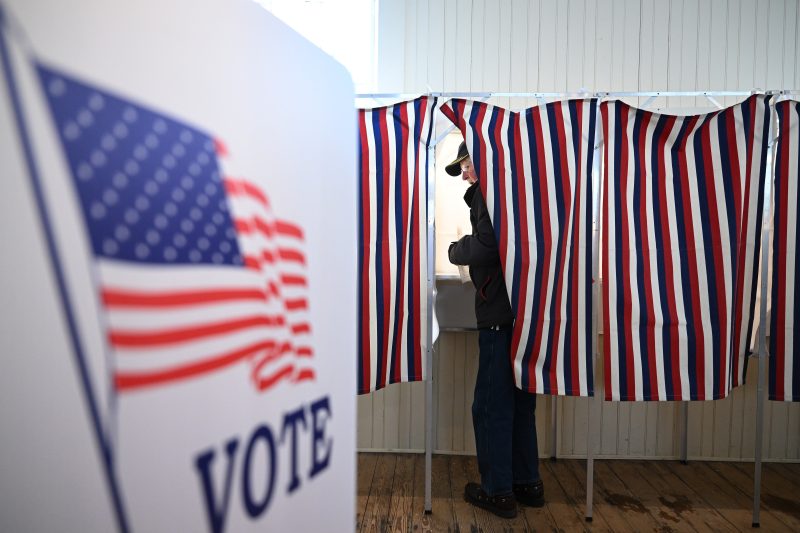The National Popular Vote Plan (NPV) Challenges the Undemocratic Electoral College
When the founding fathers established the Electoral College as the method for electing the President of the United States, they believed it would strike a balance between the will of the people and the power of the states. However, as the United States has evolved over the centuries, concerns have arisen about the undemocratic nature of the Electoral College system. The National Popular Vote Plan (NPV) has emerged as a challengers to the Electoral College, aiming to address perceived inequities in the system.
One of the primary criticisms of the Electoral College is that it can result in a candidate winning the presidency without receiving the majority of the popular vote. This discrepancy was most notably illustrated in the 2016 election when Donald Trump won the presidency despite receiving nearly 3 million fewer votes than his opponent, Hillary Clinton. This outcome sparked renewed debate about the fairness of the Electoral College system and led to increased interest in alternative methods of selecting the president.
The National Popular Vote Plan is one such alternative that seeks to ensure that the candidate who receives the most popular votes nationwide is elected president. Under the NPV, states agree to award their electoral votes to the winner of the national popular vote, rather than the winner of their state’s popular vote. This would effectively render the Electoral College obsolete, as the candidate with the most overall votes would always be elected president.
Proponents of the National Popular Vote Plan argue that it would make the election process more democratic and ensure that every vote counts equally. They contend that the current Electoral College system disproportionately benefits voters in swing states, where candidates focus their campaigns to secure crucial electoral votes. By shifting the focus to the national popular vote, the NPV would encourage candidates to campaign in all states, not just those considered battlegrounds.
Critics of the National Popular Vote Plan, however, raise concerns about potential unintended consequences of the proposal. They argue that a national popular vote system could lead to increased voter fraud, as there would be less oversight of the voting process on a national scale. Additionally, opponents contend that the Electoral College serves an important function in preserving the influence of smaller states in presidential elections and that abolishing it could disenfranchise voters in less populous regions.
Despite the controversy surrounding the National Popular Vote Plan, it has gained traction in recent years. As of 2021, 15 states and the District of Columbia have enacted legislation to join the NPV interstate compact, representing a combined total of 196 electoral votes. Once states totaling 270 electoral votes – a majority – have joined the compact, the NPV would take effect, and the national popular vote would determine the outcome of presidential elections.
In conclusion, the National Popular Vote Plan represents a significant challenge to the traditional Electoral College system. While supporters view the NPV as a way to make the election process more equitable and reflective of the will of the people, opponents raise legitimate concerns about the potential implications of such a major change. As the debate over the future of presidential elections in the United States continues, the National Popular Vote Plan serves as a compelling proposal for reforming the electoral process.


























